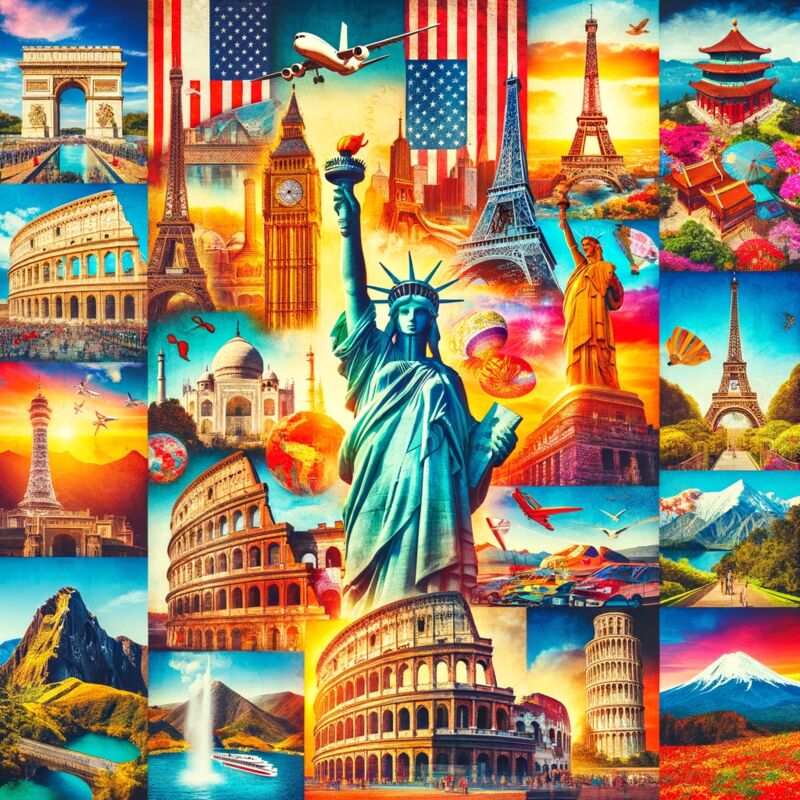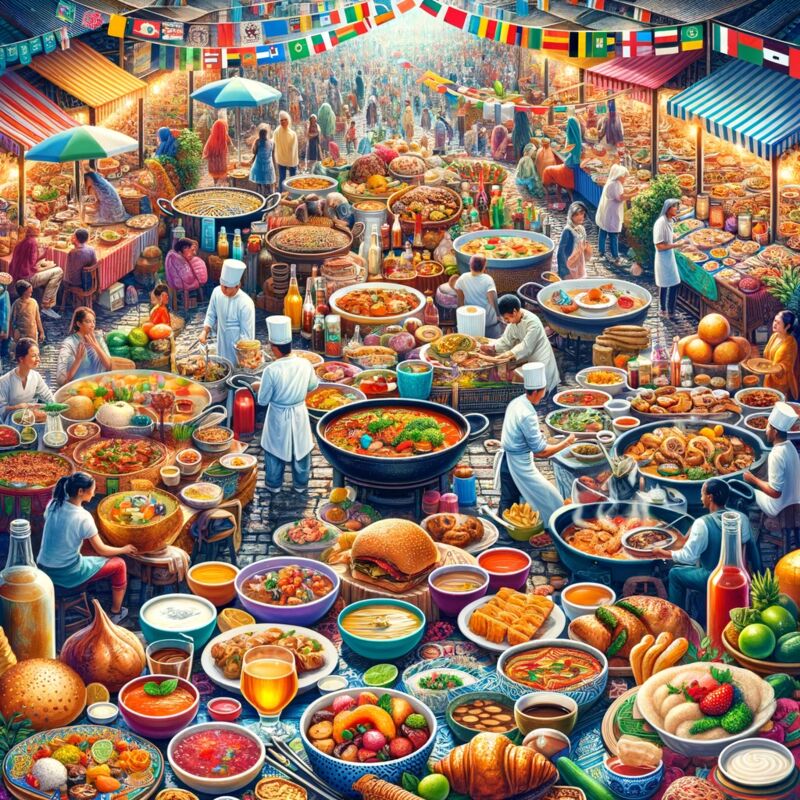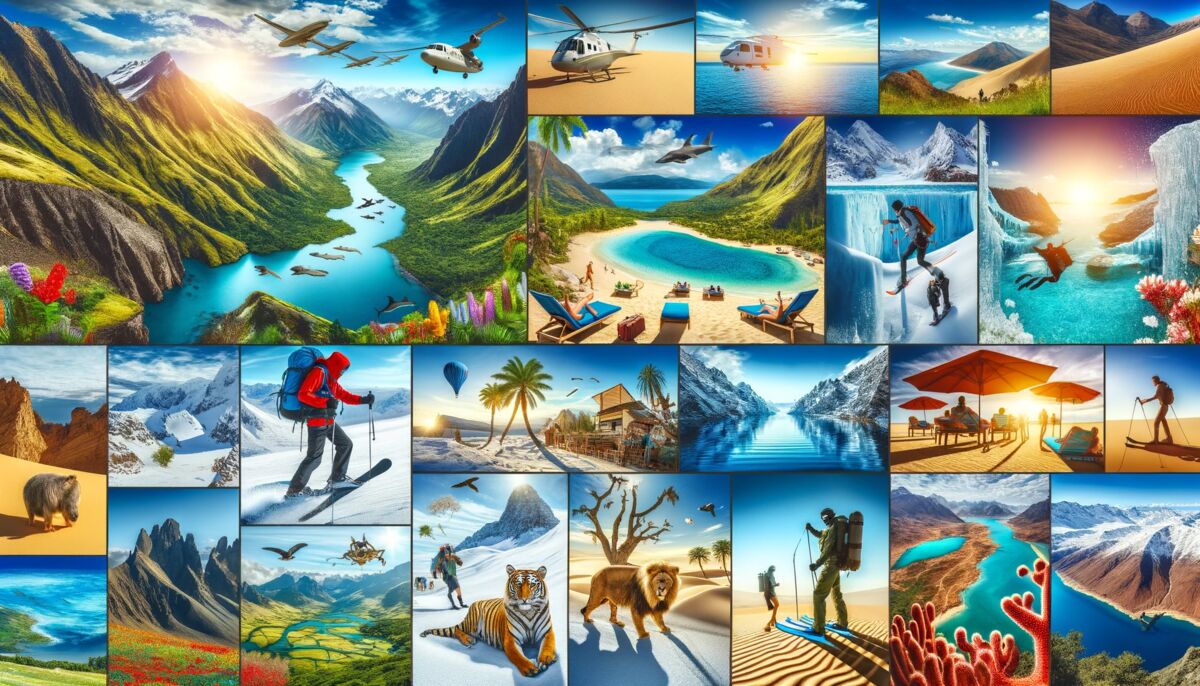Essential Travel Information for Visiting Kenya
Travel Documentation and Entry Requirements
Before planning a trip to Kenya, it is crucial to be aware of the necessary travel documentation and entry requirements:
- Passport: A valid passport with at least six months' validity from your planned date of return.
- Visas: Most tourists require a visa. This can be obtained on arrival, but it's advisable to get an eVisa online before travel.
- Health requirements: Vaccinations for Yellow Fever may be required, and you should be up to date with routine vaccinations. Anti-malarial medication is also recommended.
Best Time to Visit
Kenya boasts a diverse climate that varies from region to region, but generally, the best time to visit is during the dry seasons:
- Dry seasons: From June to October and from December to March. This period offers the best wildlife viewing opportunities, particularly the Great Migration in the Maasai Mara.
- Rainy seasons: Occur from November to December (short rains) and April to May (long rains). Some roads might be impassable, and some lodges close during the heavy rains.
Health and Safety Tips
To ensure your health and safety while in Kenya, consider the following tips:
- Medical insurance: Purchase comprehensive travel insurance that covers medical emergencies and evacuation.
- Vaccinations: Visit your doctor or a travel clinic ahead of your trip for any necessary vaccinations and health advice.
- Water safety: Drink bottled or treated water; avoid tap water.
- Protect against mosquitoes: Use insect repellent, wear long-sleeved clothing, and sleep under a mosquito net if required.
- Local laws and customs: Respect the local laws and customs, dress modestly, and seek permission before taking photos of people.
Money and Currency Exchange
In Kenya, the Kenyan Shilling (KES) is the official currency. Here are some key points regarding money matters:
- Currency exchange: It's best to exchange currency at official bureaus or banks. Avoid street exchangers due to the risk of counterfeit notes.
- Credit cards and ATMs: Major credit cards are accepted in urban areas and at most hotels and lodges. ATMs are widely available in cities but less so in remote areas.
- Cash: Always carry some cash, as smaller businesses may not accept cards.
Transportation
Getting around in Kenya requires some planning. Here are modes of transportation available to travelers:
- Air travel: Domestic flights connect major cities and tourist destinations quickly and efficiently.
- Road travel: Long-distance buses and matatus (minibuses) are common for inter-city travel, but be prepared for varying road conditions.
- Car hire: Renting a vehicle is an option, but it's recommended only for experienced drivers familiar with local road conditions and traffic laws.
Communication and Connectivity
Staying connected while traveling in Kenya is relatively straightforward, as the country has decent internet infrastructure and mobile connectivity.
- Mobile phones: Local SIM cards are widely available and inexpensive. Ensure your phone is unlocked before purchasing one.
- Internet: Many hotels, lodges, and cafes offer Wi-Fi, though the quality can vary, especially in remote areas.
- Emergency numbers: In case of emergency, dial 999 for police, 911 for ambulance, and 112 for fire services.
Local Culture and Etiquette
Understanding local customs will enrich your travel experience in Kenya:
- Greetings: It's customary to greet people with a handshake and a smile. Learn a few basic Swahili phrases such as "Jambo" (hello).
- Tipping: Tipping for good service is customary in Kenya, but not obligatory. A guideline is 10% in restaurants and $10-15 per day for safari guides.
- Photography: Always ask permission before taking photos of people or sensitive locations such as government buildings.
Accommodation Options
Accommodations in Kenya vary from luxury lodges to budget-friendly guesthouses:
- Luxury lodges and camps: Offer an authentic and comfortable safari experience, often inclusive of meals and game drives.
- Hotels: Available in cities and major towns, catering to a range of budgets.
- Guesthouses and hostels: Ideal for budget travelers, offering basic amenities and opportunities to meet fellow travelers.
Be sure to book accommodations well in advance, especially during peak tourist seasons.







